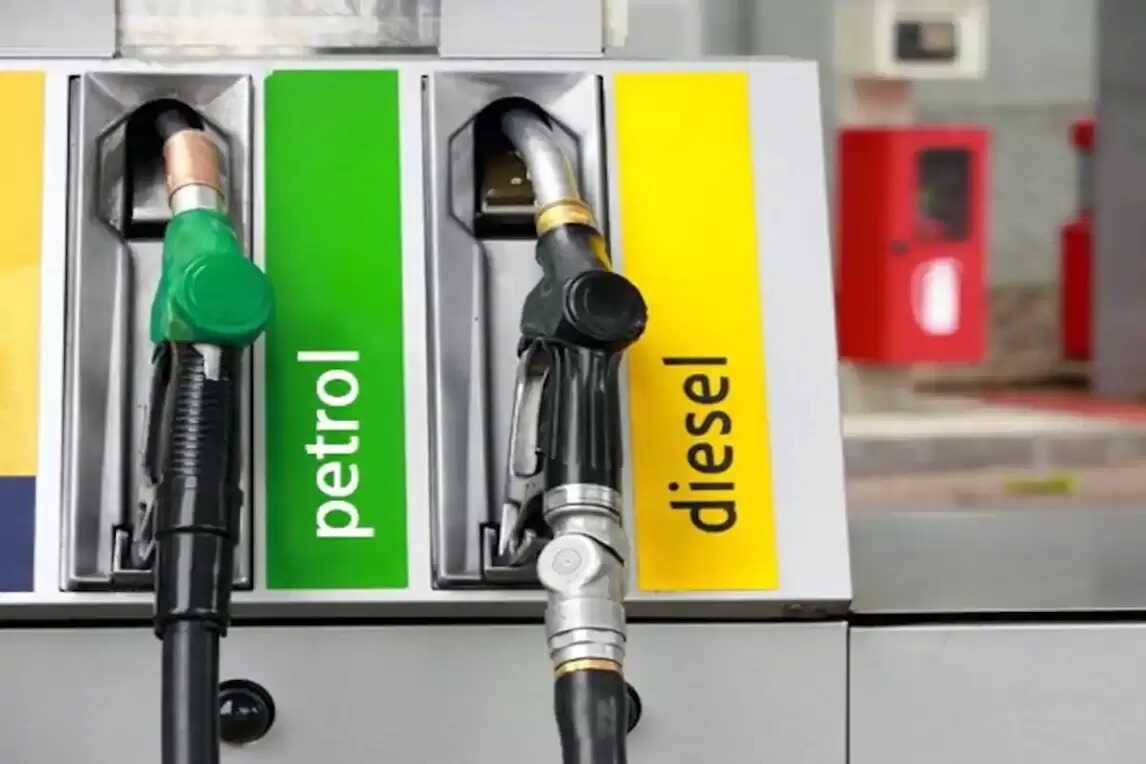
A ‘special tax’ could bring the petrol price closer to R10 a litre in South Africa
The South African government could reduce petrol prices by imposing a special tax on monopoly companies – among other things – to make up the fuel levy shortfall, which could lead to a price reduction to around R10 per litre.
Speaking to Newzroom Afrika, the People Against Petrol and Paraffin Price Increase’s (PAPPI’s) Visvin Reddy suggested that there are several solutions to addressing the unaffordable prices that, whether it be out of incompetence or malice, the government is simply not pursuing.
South African motorists are now paying almost R26 per litre to fill up their cars following an increase on Wednesday, 4 October, with the cost of diesel and petrol climbing between R1.08 and R1.97 per litre.
Fuel prices have increased significantly since the start of the year, with petrol prices increasing by 20%. Diesel, meanwhile, has increased by 17.7%, despite consecutive cuts in the first half of 2023.
Inland 95 octane petrol costs R25.68/l, while at the coast, it costs R24.96/l, factoring in the slate levy and other costs. Diesel 0.005% will cost R25.22/l, while at the coast, it costs R24.53/l
PAPPPI said these higher-than-expected fuel increases are catastrophic for all South Africans.
Reddy said that “this is certainly the last straw, in fact, it’s catastrophic for every South African. This is the third consecutive increase in fuel prices in South Africa- which brings fuel prices close to the highest it’s ever been in recorded history.
“I think it spells disaster for every South African – irrespective of whether you’re a motorist and own a car or not. What we need to understand is that when fuel prices go up – especially the price of diesel, it means that food prices, the cost of living, everything goes up.”
South Africa has what it needs to reduce petrol prices
South Africa’s fuel prices are heavily influenced by international factors like the cost of crude oil and the rand/US dollar exchange rate, both of which have performed poorly in recent months.
Reddy cited India as an example of how local governments can reduce the impact of oil prices on fuel costs.
India has shifted its focus away from OPEC nations, who deliberately manipulate oil prices by cutting output, and has started to purchase oil from other countries that offer more competitive rates, such as Russia and Iran.
Reddy also noted that Russia is a members of BRICS while Iran is expected to join in 2024, and our government could buy oil from non-OPEC countries with our currency. However, this option is not being considered.
South Africa is a fuel-producing nation, but it still relies heavily on imported supplies. According to Reddy, this dependency is unnecessary. The fuel prices in South Africa are also disproportionately high compared to other countries that buy locally-made fuels, who enjoy lower rates than what South Africans have to pay.
“Sasol makes fuel from coal, we export that fuel to neighbouring countries, and they sell it cheaper than what we get our fuel in South Africa for,” said Reddy.
“The cost to manufacture Sasol fuel is around R6 per litre, and Sasol is amassing huge profits using the resources of this country, and that’s why they currently sit in the top 10 on the Johannesburg Stock Exchange (JSE).”
As such, ramping up production at Sasol, and re-commissioning many of the refineries that closed their doors in recent years, will assist in meeting the demands of local motorists at a much lower cost than importing fuel.
There are concerns that the government would lose a significant amount of the R95 billion revenue it receives from the general fuel levy, which is currently used to fund public services. However, PAPPPI suggests that the government could consider other alternatives to maintain its finances.
“That R95 billion doesn’t need to come from motorists and fuels. It can come from a special tax on the monopoly industry that sits on the JSE,” said Reddy.
“Take that R95 billion from a special tax on those companies, and immediately reduce the price of petrol in this country by 35%.”
With all these solutions at its disposal, it’s “very possible” that the South African government will be able to bring fuel prices down to around R10 per litre.
“What we need to understand is that we are in this predicament today precisely because of the government’s mishandling and mismanagement of the fuel situation in this country,” said Reddy.
News Category
- International retailers
- On the move
- Awards and achievements
- Legislation
- Wine and liquor
- Africa
- Going green
- Supplier news
- Research tools
- Retailer trading results
- Supply chain
- Innovation and technology
- Economic factors
- Crime and security
- Store Openings
- Marketing and Promotions
- Social Responsibility
- Brand Press Office
Related Articles

Empowering South African households through gro...

SPAR shares practical tips to beat food inflation

South African motorists could be paying up to R...

Big VAT changes on the cards


